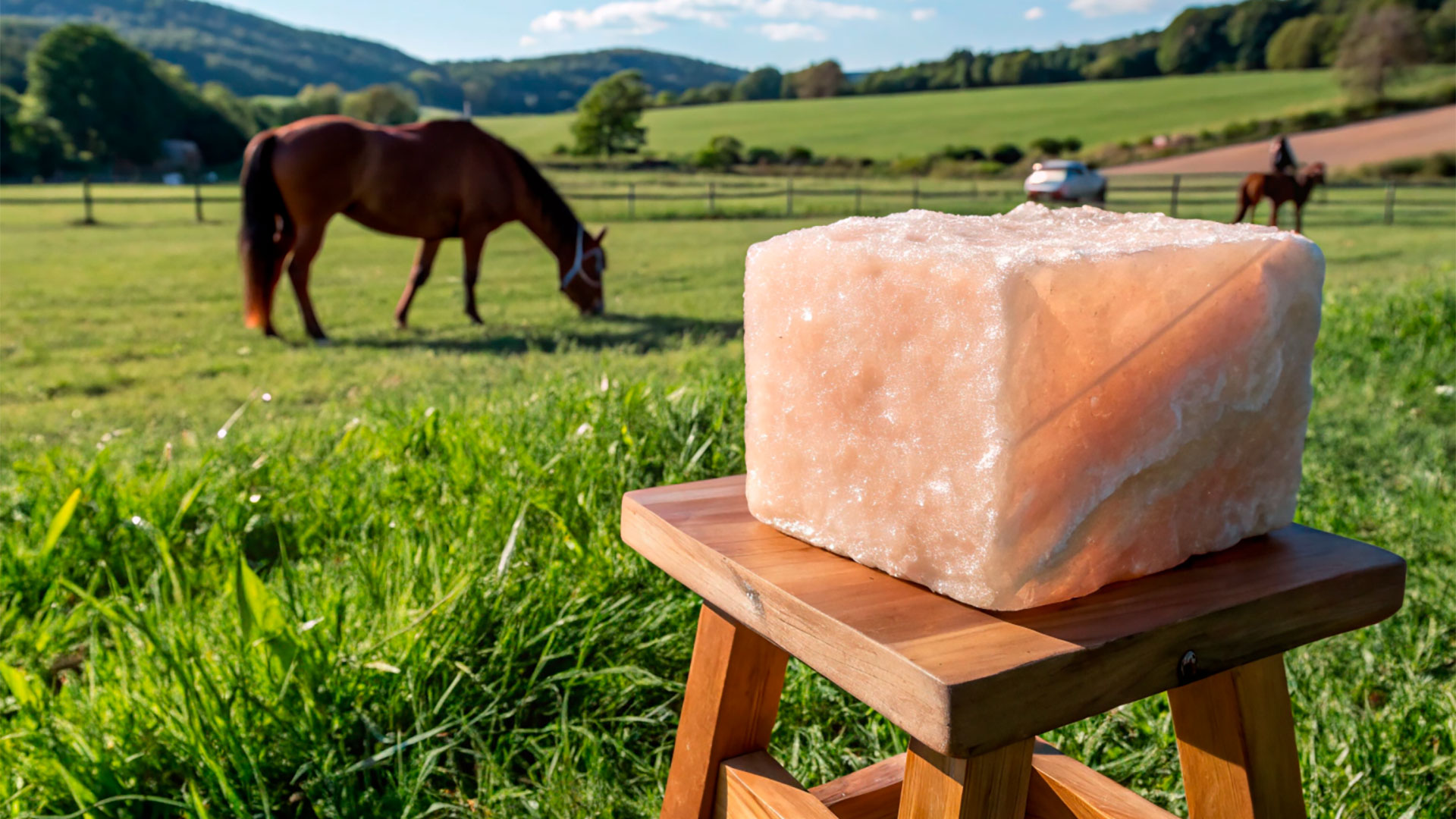
Tips for aggressive horses: causes and solutions
Does your horse get a bit grumpy when other horses pass by in the barn? Aggression in horses are a common reason to seek help from equine behaviourists and veterinarians. Discover what can be done to change their aggressive behaviour.
Horses that display violence against other horses can cause injury to people around them. For instance, PhD Robin Foster narrated the case of a friend of his, a professional trainer.
He was leading a horse down a barn aisle when another horse stretched his head in a threatening manner. When he waved his hand towards the horse, in the blink of an eye his finger was gone.
Horses are not aggressive by nature
Although aggression to some extent is normal in horse behaviour, they are not an overly aggressive species. Normally, they spend more time engaging in affiliative behaviours than in agonistic ones.
While affiliative behaviour promotes harmony amongst individuals, agonistic behaviours are defensive and aggressive, and they increase distance between individuals. Some animals that display agonistic behaviour are Western gorillas, bearded dragons or black mambas.
When behaving aggressively, horses burn precious calories and risk injury or death. Also, it increases their physical and psychological stress and can damage vital social bonds. So then, why do some horses behave aggressively?
Related article: 7 irresistible human food treats horses can eat
Understanding the motives
In order to modify this unwanted behaviour, it is essential to understand why a horse is being grumpy. Reasons could include that horses passing in the barn aisle are too close physically, and with lesser distance there could be greater threat in the case they don’t know each other well.
Another reason is that, as horses are fed hay and grain in their stall, they think other horses might want to steal their food. As this is a valuable concern for them, they might want to defend it. At older ages, arthritis and muscular stiffness could reduce horses’ mobility and comfort, explaining their increased grumpiness.
One of the most problematic reasons for aggressive horses is that they see this attitude has results. If a horse pins his ears and has a sour face, and other horses move away from him, he might get more inclined to this behaviour to achieve his goals. In this case, aggression is reinforced and likely to be repeated. This kind of aggressive behaviour can be created through negative reinforcement.
For this reason, we can narrow the reasons down to:
- Threatened or frightened
- In pain or after medical conditions or diseases
- Frustrated
- Result of inadequate early socialisation
- Result of artificially created social grouping
- To control access to restricted resources, like food, breeding partners, water or space
Approaching horse aggression
Horses show aggression in different ways and there are different types of aggression. There are subtle types like pinned ears or kick threats or active behaviours like chasing, biting, striking or kicking. Moreover, a horse's behavior can include forms of horse body language almost invisible for human owners.
Humans are not as adept at reading horse behaviour, and can be oblivious to subtle signs of passive aggressive behavior. When horses are being aggressive, it is crucial to determine the root of the cause of violence instead of suppressing the aggressive behaviour using punishment.
As an example, a horse that behaves aggressively when a human approaches with hay could have an undiagnosed ulcer or could be fed in a way that causes mental and physical distress to horses (set feedings with fasting periods…). This could lead to frustration. When punished, the horse will be told what not to do, but it will not solve the reason for this behaviour.
Related article: easy tips to help distracted horses focus
How to change aggressive behaviour
Horse behaviour consultants and equine behaviourists first determine and address why the behaviour is taking place, they identify and address factors that maintain this behaviour and then teach the horse how they should behave instead. Sometimes, the horse’s owner may also need to change its behaviour. If punishment is used, it could worsen aggressive behaviour, so it is not advisable.
Also, a veterinarian can be helpful in identifying and providing treatment for physical and medical issues. Also, horse’s distress could be reduced by rearranging the environment, like blocking the aggressive horse’s view of passing horses or moving the horse to a private stall with less traffic.
If you believe aggression is caused by resource guarding, you can reduce the risk by providing 24/7 hay access and putting food in several areas. When distributing food across different spaces there is no need to defend this space and the horse is not in a fasting state.
Moreover, using positive reinforcement helps horses train alternative responses and improve their attitude, as they learn something pleasant happens when they take action. Have you noticed aggression in horses before? Let us know how it got solved on our social media: we are on Facebook, Instagram and Twitter.












_v2.svg)
_v2.svg)









_v2.svg)


